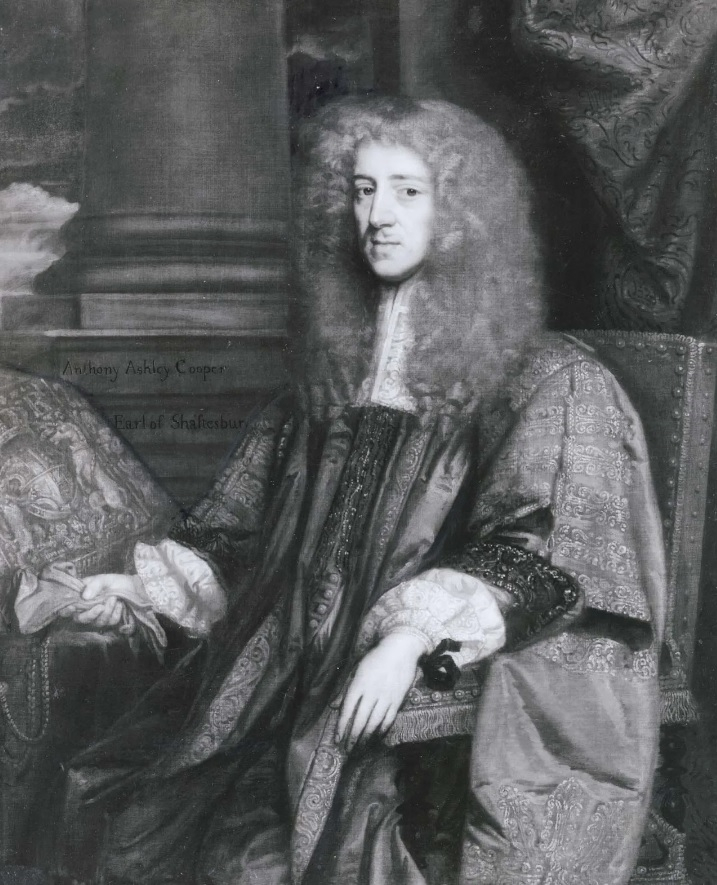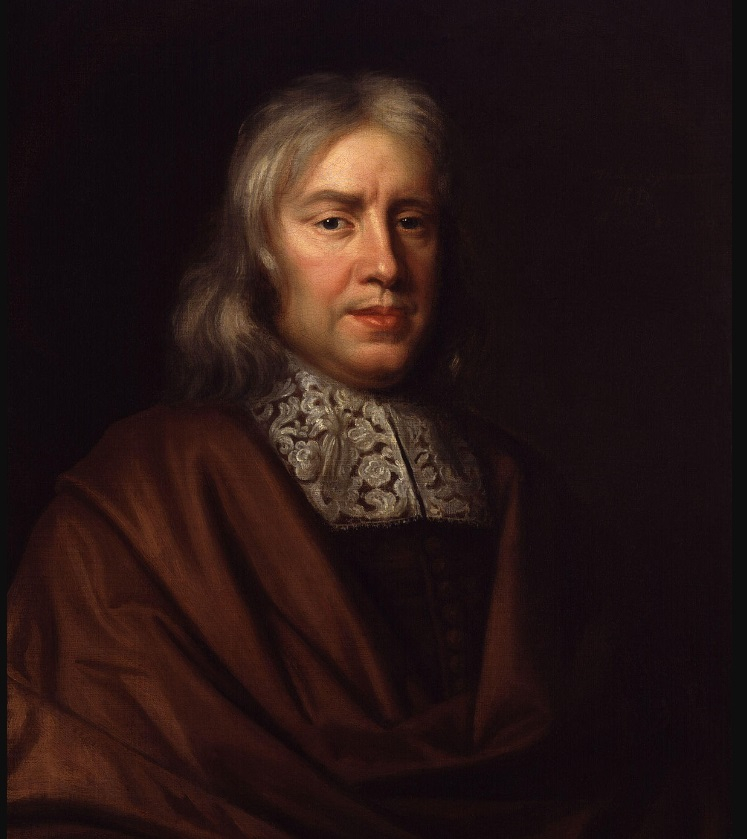Lord Ashley and Thomas Sydenham were mentors of John Locke
It is a fact that Lord Ashley and Thomas Sydenham were mentors of John Locke. Locke was looking for work and moved into Ashley's home at Exeter House in London in 1667 to serve as his personal physician. Locke resumed his medical studies in London under the mentorship of Thomas Sydenham. Sydenham had a significant impact on Locke's natural philosophical thought, which was obvious in An Essay Concerning Human Understanding.
When Ashley's liver ailment grew life-threatening, Locke's medical skills were put to the test. Locke undoubtedly had a role in encouraging Ashley to have the cyst removed by coordinating the advice of numerous doctors. Ashley lived to tell the tale, crediting Locke with saving his life.
During this time, Locke held positions as Secretary of the Board of Trade and Plantations and Secretary to the Lords Proprietors of Carolina, which influenced his views on international trade and economics.
Ashley, as a Whig movement founder, had a significant influence on Locke's political theories. When Ashley was appointed Lord Chancellor in 1672, Locke became interested in politics. Following Shaftesbury's demise in 1675, Locke traveled across France as a tutor and medical attendant to Caleb Banks. When Shaftesbury's political circumstances improved briefly, he returned to England in 1679. Locke wrote the majority of the Two Treatises of Government during this time, most likely at the suggestion of Shaftesbury. While it was once assumed that Locke authored the Treatises to defend the Glorious Revolution of 1688, current scholarship has revealed that the work was written far earlier. The work is today regarded as a broader argument against absolute monarchy and in favor of individual consent as the basis of political legitimacy. Despite his association with the influential Whigs, Locke's ideas regarding natural rights and government are now considered highly revolutionary for that period in English history.







